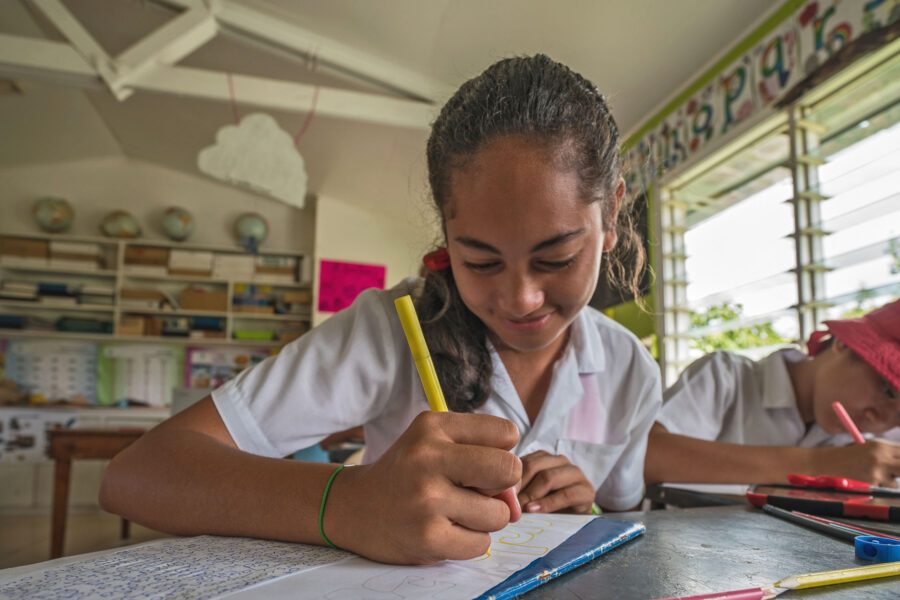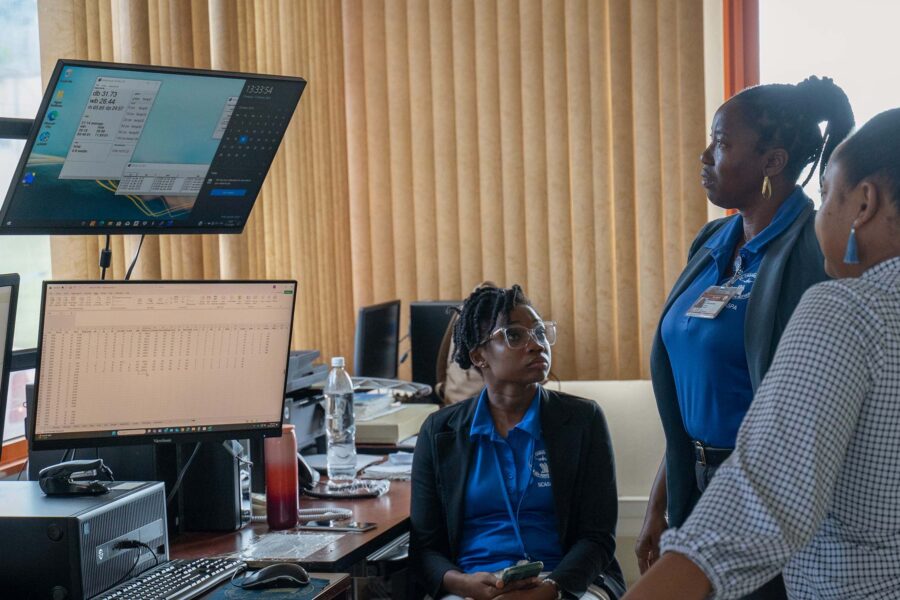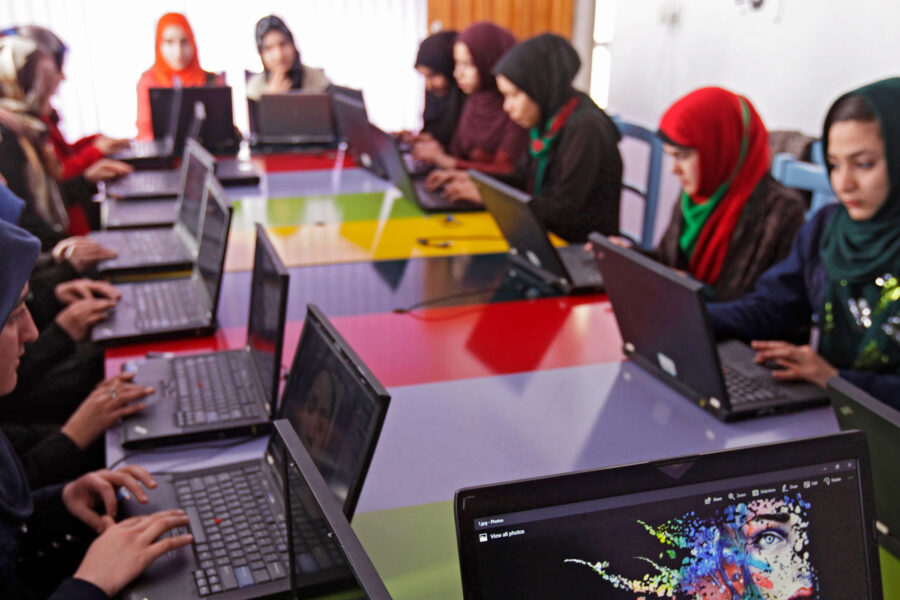Developing the climate citizens of tomorrow
Never has education been more vital as a force for positive change. Learning must inspire and empower the next generation to tackle climate change head on
Climate — Global

If the COVID-19 pandemic – and the battle to bring it under control – has taught us anything, it is that global crises require global solutions. This particular war is not yet won, but the victory, when it comes, will be because humankind worked together.
This collaboration includes – importantly, for the purposes of this article – very many different academic and intellectual disciplines. Scientists have of course correctly taken much of the credit, but the collective effort would not have been possible without statisticians, human geographers, economists, behavioral scientists, and communicators. Many others too, no doubt.
They have needed to work together, to listen to one another, to cross-fertilise ideas, and to collectively problem-solve.
If such a diverse team is needed to take on COVID-19, just imagine the coalition of skills, disciplines, and thinking we will need if humanity is to tackle the climate crisis before it is too late.
Developing the citizens of tomorrow capable of the kind of collaboration and thinking we will need if climate catastrophe is to be averted is, at least in part, the responsibility of today’s schools, teachers, and educators.
Educationists will never meet this tremendous responsibility unless we step back and take a moment to work out the curriculum and assessment model we need for this challenge. They must be given the relevant educational tools to do the huge job we are asking of them.
Interdisciplinary learning – and transdisciplinary learning – is a key part of this toolkit: problems of this magnitude simply cannot be solved through one lens. But teaching and learning must also be based on a cycle of inquiry, action, and reflection, and with prominence given to active participation.
Beyond breaking down the silos of individual subjects, the future of curriculum design needs to focus on three areas to ensure the next generation is ready to tackle climate change head on:
We must have a curriculum that is designed with the specific challenge in mind
Sustainability must be a key feature of courses and disciplines. This includes the natural sciences, geography, design technology, economics, and business management, but others too. We advocate for a sustainable planet and ask students to consider how the relationship between people, planet, and growth is central to this and how siloed subjects interrelate.
We must prioritize education in action
Curricula in the future must foster an organic link between in-classroom learning and sustainable action in the community, so that students support sustainability in practical ways. The curriculum of the future must contextualize learning with the time, place, and community within which the school is situated. Authenticity of learning is key: students must understand how their learning can manifest itself in the real world.
We must foster young people as “agents of change”
Curriculum and pedagogy should inspire learners, as global citizens, to make a difference and contribute to society. We must promote the importance of “principled action” in terms of making responsible choices and exploring the ethical dimension of decisions to act or not to act. Students must be encouraged to explore global and local issues in a way that empowers them to be not just aware, but engaged. They must be encouraged to explore their own agency – what they themselves can do to make the change we need.
The pedagogy and curriculum of the future needs to create opportunities for learners to inquire about, and contribute their voice to, the future of humanity. It should allow young people to make connections between subjects and disciplines. It should also create opportunities for them to make connections between their values and passions and those of the communities around them.
Throughout history, schools and teachers have evolved to tackle many of the problems facing human society. The climate emergency is surely the biggest problem of them all. It’s time for education to pivot again. The final aim of education should be flourishing: human flourishing of current and future generations and flourishing of all living on Earth.





